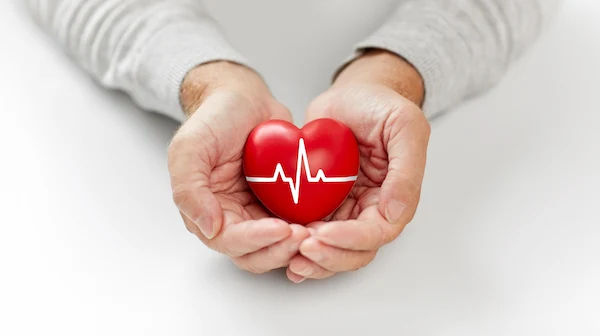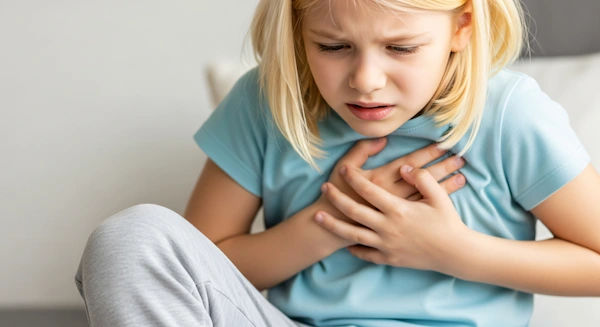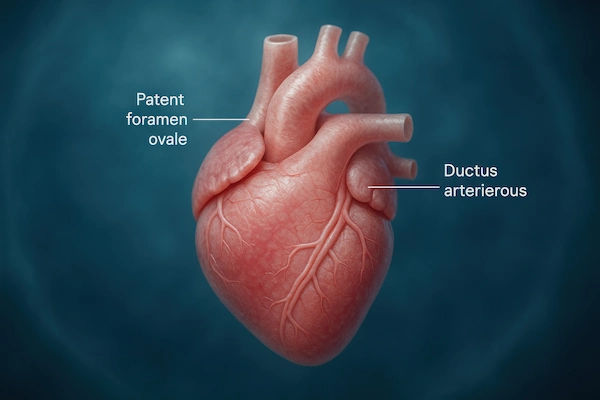- Male
- 25 Years
- 29/01/2025
My dad had a CABG surgery around three months ago, and now he's really wanting to have a drink. I'm worried and wondering if it's okay for him to have alcohol after the surgery. Can you share some advice on this?
Answered by 1 Apollo Doctors
It is generally recommended for patients who have undergone CABG (Coronary Artery Bypass Grafting) to avoid alcohol consumption, especially in the initial recovery period. Alcohol can interact with medications, affect heart function, and potentially increase the risk of complications. It is best for your father to consult with his cardiologist before consuming any alcohol.
Dr. Dhankecha Suggests...
Consult a Cardiologist
Answered 04/07/2025
0
0

More Cardiology Health Queries
View allI'm 33 and my blood pressure is 120100is that normal, or should I be worried about it? Can you help me figure this out, doctor?
Your blood pressure (120100 mmHg) is slightly elevated, indicating prehypertension. Consult a doctor to assess your overall health and develop a plan to manage blood pressure. Lifestyle changes may include: Lifestyle Modifications 1. Regular exercise (30 minutesday) 2. Balanced diet (low sodium, high fiber) 3. Stress management (meditation, yoga) 4. Adequate sleep (7-8 hoursnight) 5. Weight management (if overweight) Monitoring 1. Regular blood pressure checks 2. Blood lipid profiles 3. Blood glucose tests When to Seek Immediate Medical Attention 1. BP >14090 mmHg 2. Severe headache, dizziness or chest pain 3. Shortness of breath 4. Confusion or fatigue
Answered by 1 Apollo Doctors
Is lemon good for high blood pressure?
Citrus, such as lemon and limes, has been shown to reduce blood pressure and has the added benefit of adding a little flavor to a boring glass of water.
Answered by 1 Apollo Doctors
I've been keeping an eye on my blood pressure, and I recently got a reading of 121 over 68. I know that typically the lower number should be around 80, so I'm a little concerned. I'm a 23-year-old guy, and I'm wondering if I should be worried about that lower number being 68. Could you give me some insight into whether this is normal or if I should be doing something about it?
A diastolic blood pressure (DBP) of 68 mmHg is actually considered within the normal range, as the American Heart Association defines normal DBP as less than 80 mmHg, and a DBP between 60-79 mmHg is generally associated with better cardiovascular health, so your reading of 12168 mmHg is considered normal for a healthy 23-year-old male.
Answered by 1 Apollo Doctors
Disclaimer: Answers on Apollo 247 are not intended to replace your doctor advice. Always seek help of a professional doctor in case of an medical emergency or ailment.


_0.webp)


